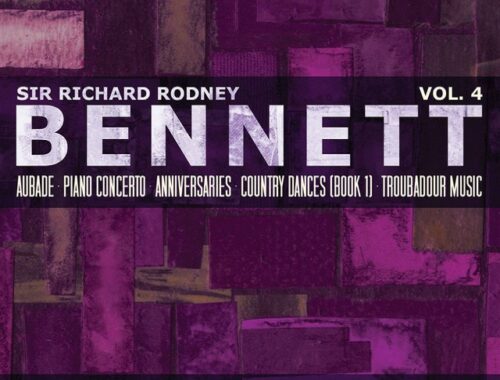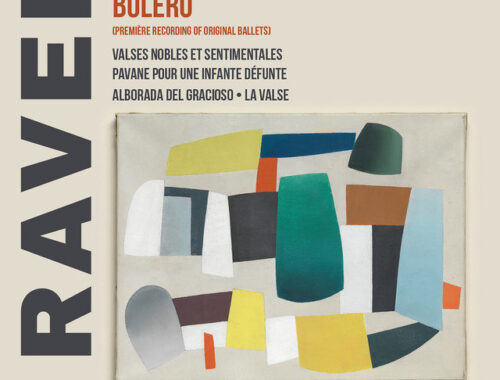GRAMOPHONE Review: A & S Coleridge-Taylor Orchestral Works – Chineke! Orchestra
 Only fitting that the ever-resourceful Cheneke! should kick off a brand new contract with Decca celebrating a favourite son, Samuel Coleridge-Taylor. Listening to this expertly curated collection of orchestral and instrumental sweetmeats reveals a composer well-steeped in the formality and grandeur of Edwardian times but increasingly a composer reaching for and more importantly hearing and adopting to the music of the American South. A spontaneous gift for melody is etched with a hard to define homesickness, an ache that suggests a very real awareness of his origins.
Only fitting that the ever-resourceful Cheneke! should kick off a brand new contract with Decca celebrating a favourite son, Samuel Coleridge-Taylor. Listening to this expertly curated collection of orchestral and instrumental sweetmeats reveals a composer well-steeped in the formality and grandeur of Edwardian times but increasingly a composer reaching for and more importantly hearing and adopting to the music of the American South. A spontaneous gift for melody is etched with a hard to define homesickness, an ache that suggests a very real awareness of his origins.
His daughter Avril is represented, too. No way could she could be overlooked in these inclusive times – especially as her Sussex Landscape (world premiere recording conducted here by Roderick Cox) is in some respects even bolder and more extravagant than her father at his most operatic. Any one of her themes (and this bittersweet lyricism is plainly in the genes) might be worthy of an aria and so what if her Sussex seascapes are way more forbidding (and exotic) than any that I have experienced first-hand.
The Coleridge-Taylor that I warm to is comprehensively contained in his Ballade in A Minor (conducted here by Kalena Bovell) which I’m sure many of you will have caught unawares (perhaps over breakfast on Radio 3) and been drawn into (as in ‘what is THIS’) on account of its absolutely corking big tune (epic tale is written all over it) which sails home full-sail in the resplendent closing pages.
Coleridge-Taylor was essentially a romantic classicist and works like the Violin Concerto (gratefully attended here by Elena Urioste with Kevin John Edusei conducting) rejoice in being ambitious in scale and big in spirit. It isn’t music that is going to change anyone’s life but it sings in ways that draw you in and as ever its heart and soul resides in the more reflective music of the Andante semplice which should be heard and may well endure. Likewise the Romance in G – more consoling consonance which does precisely what is promised in the title. What’s not to love.
Indeed you can hear why Coleridge-Taylor’s penchant for lovable fireside lyricism inevitably found its way on to the BBC Light Programme of latter-day. Pieces like Petite Suite and the African Suite take an unassuming pride in their tunes. I love that he is not afraid to embrace sentimental charm. The ‘Love Song’ of the latter digs deeper, though, and is definitely infused with the melancholic spirit of the American South which the composer came to revere.
In his Othello Suite – originally for theatre band – I hear echoes of Dvorak (someone else fascinated by the American South) in the trio section of the opening ‘Dance’ and whilst the grandeur and elegance is distinctly Edwardian his choice of a solo trumpet for the key ‘Willow Song’ instantly transforms it into a ‘Spiritual’ in all but name. So poignant.
I should say a little more about Coleridge-Taylor’s prowess as an orchestrator. His Nonet in F minor has orchestral aspirations for sure – it’s chamber music writ large and dynamic – but it’s the way in which he is so mindful of the personalities of his chosen 9, especially the richly bucolic winds (against a foundation of string quartet and piano), that really pulls the piece into focus. Again the themes are memorable – at best I’d even say Brahmsian memorable.
Well made and generous music, then, played with purpose and spirit by an ensemble where the sense of shared enjoyment (from both the perspective of discovery and appreciation) is palpable. Put simply, an invitation to know this music better and hopefully to spread its good will.




